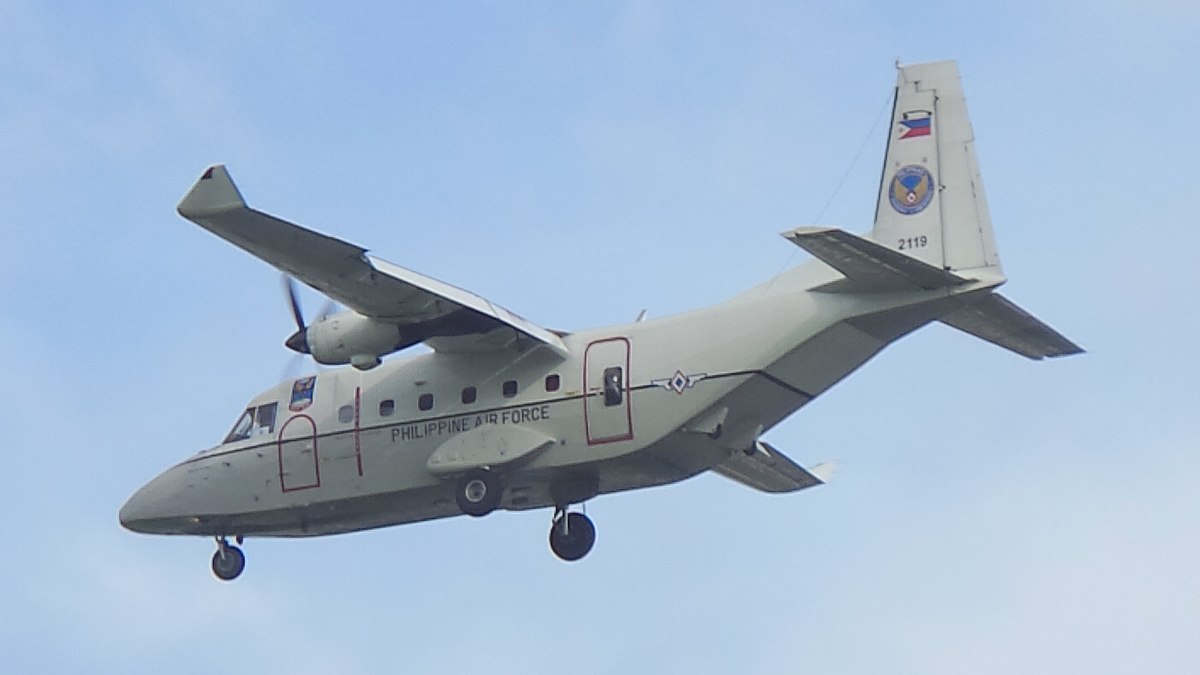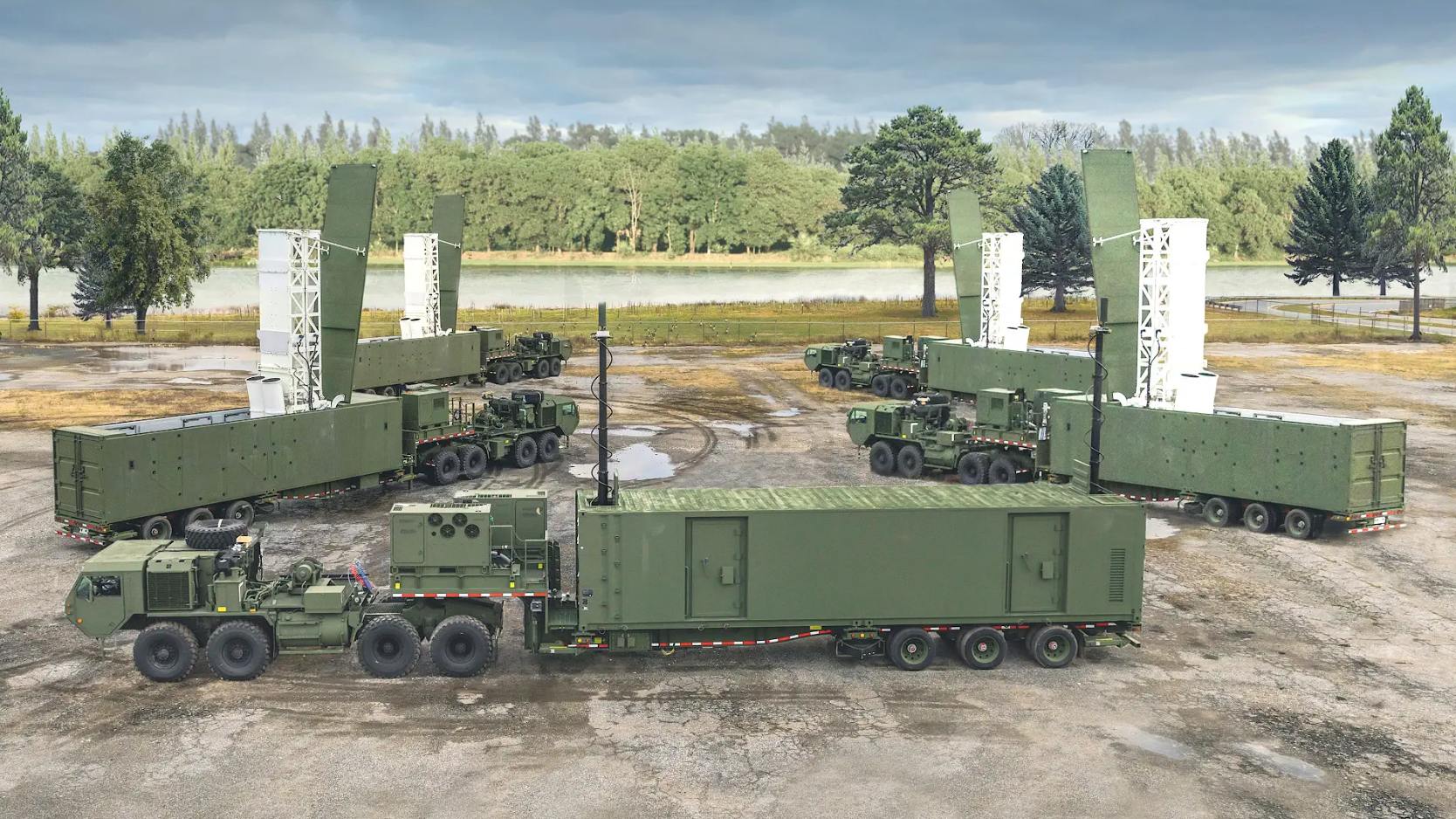In yet another engagement between two nations embroiled in a violent territorial conflict, the Philippines alleged on September 25 that a Chinese navy helicopter approached and shadowed an aircraft from its Fisheries Bureau while it was on patrol over the disputed Scarborough Shoal.
The Philippine National Security Council (NSC) said the incident took place on September 23, but the aircraft was able to complete its mission despite unwarranted Chinese actions.
The NSC accused the Chinese helicopter of violating air safety rules. However, as of the filing of this report, the Chinese Ministry of Defense has not commented on the allegations.
The incident comes weeks after Chinese fighter jets fired flares in the path of a Philippine Air Force NC-212i light transport aircraft, which was also on a routine patrol over the Scarborough Shoal last month.
At that time, the Philippines’ South China Sea Task Force said, “Its actions demonstrated hazardous intent that jeopardized the safety of the personnel onboard the BFAR aircraft.”
However, China’s Southern Theatre Command hit back, saying that the aircraft illegally entered airspace over Chinese territory, specifically referring to the disputed shoal. The command said that the aircraft, which interfered with China’s regular training activities and did not leave despite several warnings, was chased away professionally. The latest incident is not the first to have happened in the region.

The incident involving the Filipino aircraft is the latest in the ongoing series of maritime and aerial confrontations between the two nations entangled in various territorial disputes in the South China Sea. China asserts its claim over nearly the entire region, which serves as a crucial route for international trade and security.
This includes the Scarborough Shoal, which China controls even though it is located 200 kilometers off the coast of the Philippines, inside its exclusive economic zone (EEZ).
Laser Showdown! U.S. Navy Deploys Directed Energy Weapons-Armed Warship In Japan Amid China Threats
The disputes between the two parties regarding the control of the Scarborough Shoal have persisted for several years; however, the tensions have escalated significantly in recent months.
Last September, for instance, the Philippines Coast Guard spotted a 300-meter-long ball-buoy barrier near the disputed Scarborough Shoal, which was being patrolled by China’s Coast Guard.
China has been carrying out aggressive maneuvers against Filipino vessels in contested waters and coercing Manila to withdraw its Coast Guard ships from all the disputed regions. Earlier this month, a Filipino Coast Guard vessel returned to port after being harassed by the China Coast Guard (CCG) over several months.
Despite the mounting Chinese assertiveness, which has raised concerns about a possible conflict, Manila remains steadfast in its resolve to maintain and deploy its ships in contested waters.
Secretary of National Defense of the Philippines, Gilberto Teodoro, has demanded that Chinese vessels be removed from its Exclusive Economic Zone (EEZ) and denounced China for meddling in his country’s defense efforts.
Meanwhile, Manila has indicated that the US-origin Typhon mid-range missile systems will remain in the country indefinitely, leading to renewed tensions with Beijing, which has expressed strong objections to this development.
US Typhon Has Infuriated China
General Romeo Brawner Jr., the chief of staff of the Armed Forces of the Philippines (AFP), said on September 25 that the US Typhon mid-range capability (MRC) missile should be stationed in the Philippines permanently.
“If I were given a choice, I would like to have the Typhons here in the Philippines forever,” Brawner said.” He noted that he had mentioned this unofficially at the Philippines-US meeting of the Mutual Defense Board-Security Engagement Board (MDB-SEB). “We mentioned our intention that, if possible, Typhons remain here in the Philippines,” Brawner was quoted as saying by Inquirer.
He expressed optimism that the country would soon possess its medium-range cruise missile (MRC) to complement the BrahMos, a medium-range supersonic cruise missile developed by India and Russia. The BrahMos has a range of 290 to 400 kilometers and can reach speeds of Mach 2.8, nearly three times the speed of sound.

The Typhon missile system, also called the Mid-Range Capability (MRC) launcher, has the potential to strike targets more than 2,500 kilometers (1,550 miles) away, which means it can reach vital areas in the Taiwan Strait and South China Sea. The system possesses the capability to deploy both the Tomahawk and the SM-6 missile, making it a force to reckon with.
Brawner’s remarks come days after the Philippines military announced that the Typhon mid-range missile system, which arrived in April 2024, will remain indefinitely in the country.
The system has reportedly been stationed at an undisclosed location in northern Luzon. This is the US’s first such deployment in the Indo-Pacific region since the Cold War, specifically on the first island chain in Asia.
China has expressed its discontent regarding the deployment of the system, urging for its withdrawal and cautioning that it may instigate a regional arms race. However, the Philippines has hit back saying — Beijing does not have the right to interfere in Manila’s internal affairs.
- Contact the author at sakshi.tiwari9555 (at) gmail.com
- Follow EurAsian Times on Google News




